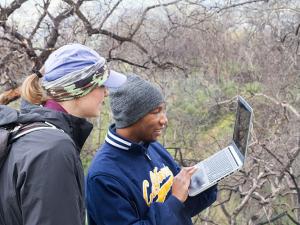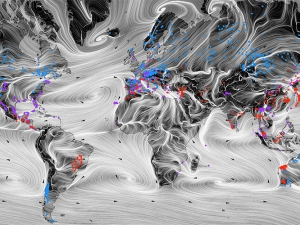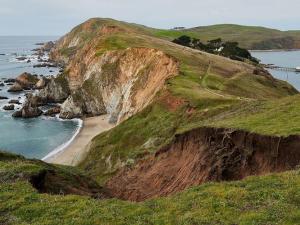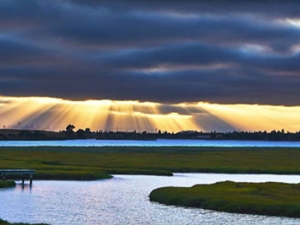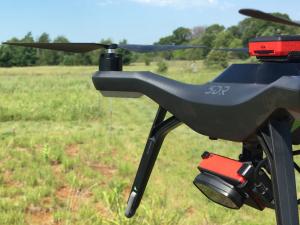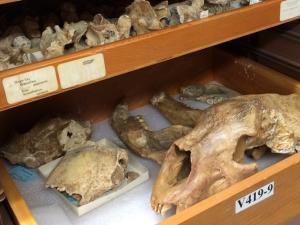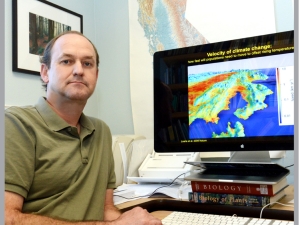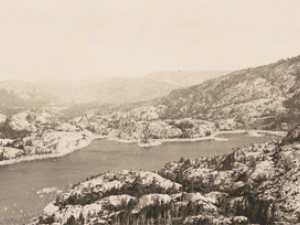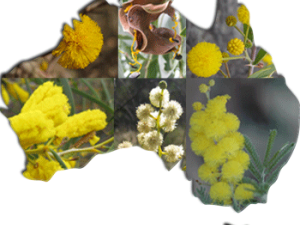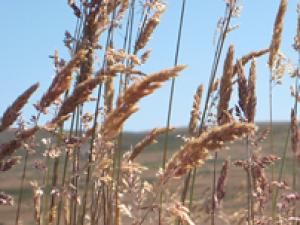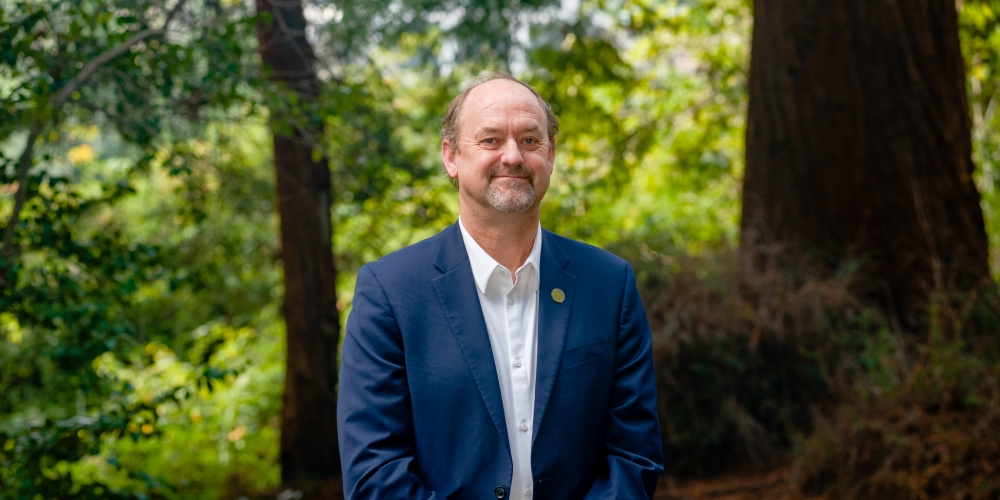

Research Bio
David Ackerly is a climate change biologist and professor in the departments of Integrative Biology and Environmental Science, Policy, and Management and Dean of the Rausser College of Natural Resources at UC Berkeley. Ackerly’s research group studies the impacts of climate change on biodiversity in California, and post-fire forest dynamics in mixed hardwood and oak woodlands. He has focused on the importance of spatial climate heterogeneity at landscape and regional scales to enhance resilience and facilitate range shifts for native plants and animals. Ackerly is a recipient of the 2011 Distinguished Faculty Mentor Award, a Senior Fellow with the Berkeley Institute of Data Sciences, a Fellow of the California Academy of Sciences, and a Fellow of the Ecological Society of America.
Research Expertise and Interest
california biodiversity, climate change, adaptation, community-engaged research / scholarship
In the News
New UC Berkeley Center Will Apply Data Science to Solving Environmental Challenges
The Climate Crisis: Justice and Solutions
As global climate shifts, forests’ futures may be caught in the wind
Climate change and COVID-19: Can this crisis shift the paradigm?
UC Berkeley, Jerry Brown Launch New Pan-Pacific Climate Institute
Biologists welcome new UC research station at Point Reyes
UC Berkeley Leads New Assessment of Bay Area Climate Impacts
Deploying drones to follow the water
Fossil record should help guide conservation in a changing world
Forecasting Change, Welcome or Not
Plant ecologist David Ackerly has calculated that some animals and plants would need to migrate as much as four miles a year to track their preferred temperature in a rapidly warming climate.
Warmer, drier climate altering forests statewide
Historical California vegetation data that more than once dodged the dumpster have now proved their true value, documenting that a changing forest structure seen in the Sierra Nevada has actually happened statewide over the past 90 years.
Scientists enlist big data to guide conservation efforts
Despite a deluge of new information about the diversity and distribution of plants and animals around the globe, “big data” has yet to make a mark on conservation efforts to preserve the planet’s biodiversity. But that may soon change.
Warming climate could give exotic grasses edge over natives
With rising temperatures around the globe, California’s native grasses will likely suffer at the hands of exotic invasive grasses, which are more equipped to deal with warmer weather.
Climate change puts ecosystems on the run
To keep up with global warming, the average ecosystem will need to shift about a quarter mile each year, says a new study by scientists at Stanford University and the University of California, Berkeley.

